
Sign in to your Collider account
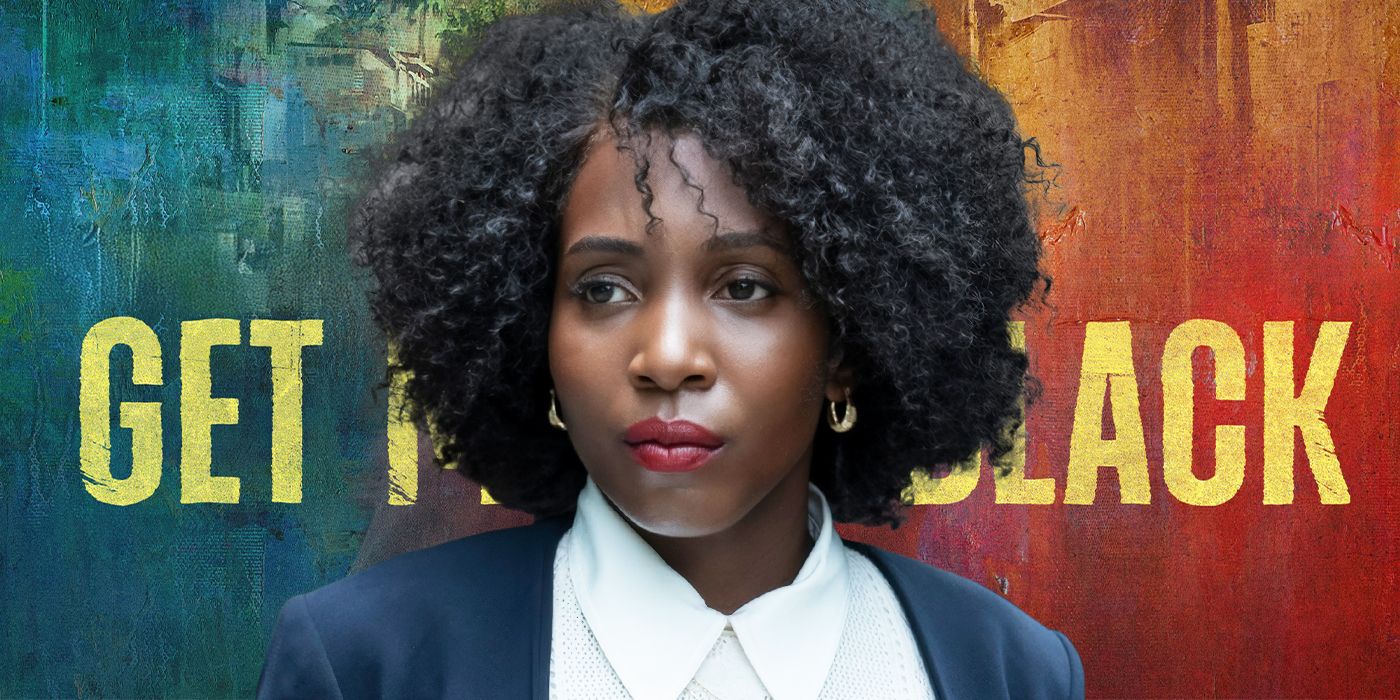
[Editor's note: The following contains some spoilers for Get Millie Black.]
Summary
- 'Get Millie Black' follows ex-detective Millie-Jean Black on a manhunt in Jamaica to find a missing boy.
- Tamara Lawrance finds her role as Millie a career highlight, exploring her character's flaws and complexities.
- The series offers a unique portrayal of Jamaica, showcasing different communities and complex themes of race and identity.
Produced for HBO and Channel 4 by Motive Pictures, the five-episode crime thriller Get Millie Black follows ex-Scotland Yard detective Millie-Jean Black (Tamara Lawrance) on a manhunt in her hometown of Kingston, Jamaica to find a young boy and get him back to his parents. While unraveling a tangled mystery, Millie is also fighting family demons, wanting to reconcile with a sister who wants no part of the past. We learn about who Millie is, in her past and present, by hearing about her from the point of view of her sister Hibiscus (Chyna McQueen), Holborn (Joe Dempsie), Janet (Shernet Swearine) and Curtis (Gershwyn Eustache Jr), giving insight beyond what we could know just through her eyes and self-imposed emotional walls.
During this one-on-one interview with Collider, Lawrance discussed presenting a very different side of Jamaica with this series, why the role of Millie Black has been such a career highlight, what made the experience so profound, forming a connection with co-star McQueen, the importance of finding moments of levity, being able to see ourselves in the flaws of another, and whether she’d want to play this character again for another season. She also talked about how she’d like to get more involved in other aspects of storytelling, but likely not as a director.
Collider: This show not only provides a compelling story, but it’s also set in a location that we don’t typically get to see in this way.
TAMARA LAWRANCE: Yeah, I completely agree. It’s one of those moments where you realize, “Oh, the depiction I have of Jamaica in my head is this beach paradise and tourist holiday destination.” To see it as a bustling city, and to see class and all the different types of communities, we’ve definitely not seen Kingston represented in this way before.
Getting To Play Millie Black Has Been a Career Highlight for Tamara Lawrance
Was this one of those projects that came your way and you knew you had to do it?
LAWRANCE: This was Marlon [James’] TV debut, but I was familiar with him because he's a Jamaican literary icon. It was one of those cases where, when I read the breakdown, I was like, “Wow, I’ve never seen everything I care about articulated so meticulously in one story between queer and trans stories and British colonial legacy, and things like that.” The funny thing with auditions is that you want to have an element of hope, but it’s anybody’s part. Every now and again, you meet a part where you’re like, “If I don’t do this, I’m quitting. If I can’t get to play this part, what else would be the perfect culmination of everything that I care about?” It’s been a massive career highlight.
Marlon has said that this story has been in development for nine years, and nine years ago was when I graduated from drama school. The idea that this story has been running concurrent to my professional journey, I just feel so blessed to have been able to meet it when it was ready, and also, on some level, when I was ready to receive a gift of a part like this. I was blown away and speechless when I found out that I got it because I’ve not read a story like this before. Marlon has these layers in his writing that often tie in historical context. He has a lot of books and stories that have parallel times running or a transition through time, and also different perspectives. That’s one of the things that’s really special about this show, that each episode gives us a different character’s perspective, which is quite novelistic. These nuggets that he gives us that unfold and all of these surprising plot twists feel very true to long-form stories and some of his books.
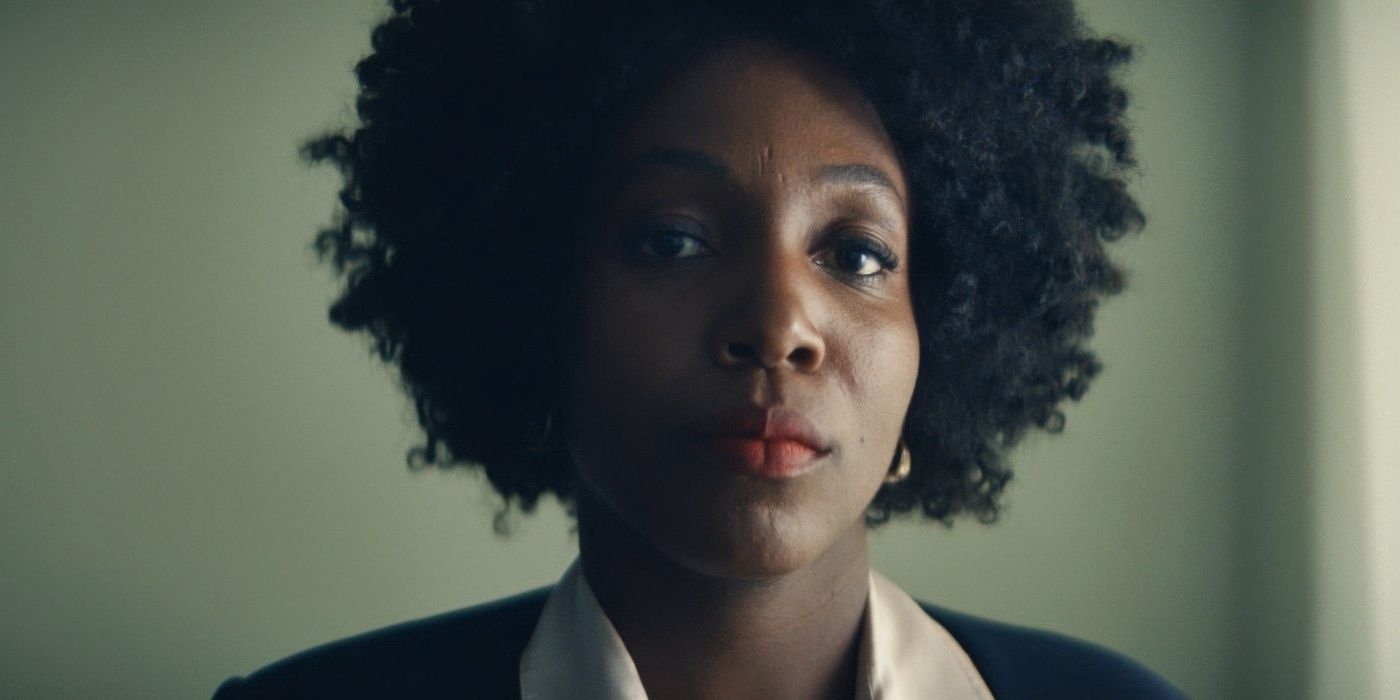
Related
'Get Millie Black' Review: Tamara Lawrance Anchors a Gloomy Detective Series
This British limited series uses a hefty investigation as a means to explore race and class.
This series simultaneously unravels this mystery of the case while also exposing the audience to a community that they might not be familiar with. What was it like to really be in that, exploring this story while having that setting be just as important as the story itself?
LAWRANCE: It was really profound for me, recognizing how Jamaica itself is a character in the piece. You couldn’t really tell this story anywhere else. I felt like I, as a performer, was so informed by being in the land and with the people and around the accent, the temperature and the texture of the climate, and the energy and spirit of the people. We have this detective trope for this missing persons case, and people love a cop drama. But then, concurrent to that, by Millie’s central relationship being with her sister, vicariously we get access to this whole world of empathy for trans women that we’ve never seen before on TV with Jamaica as a context. And then, the story very cleverly taps into the British colonial relationship and slavery and the ways in which slavery has evolved, in a way that is very clever and not overt or didactic. It’s the genius of Marlon’s writing.
Tamara Lawrance Felt Very Safe With Her 'Get Millie Black' Co-Star Chyna McQueen
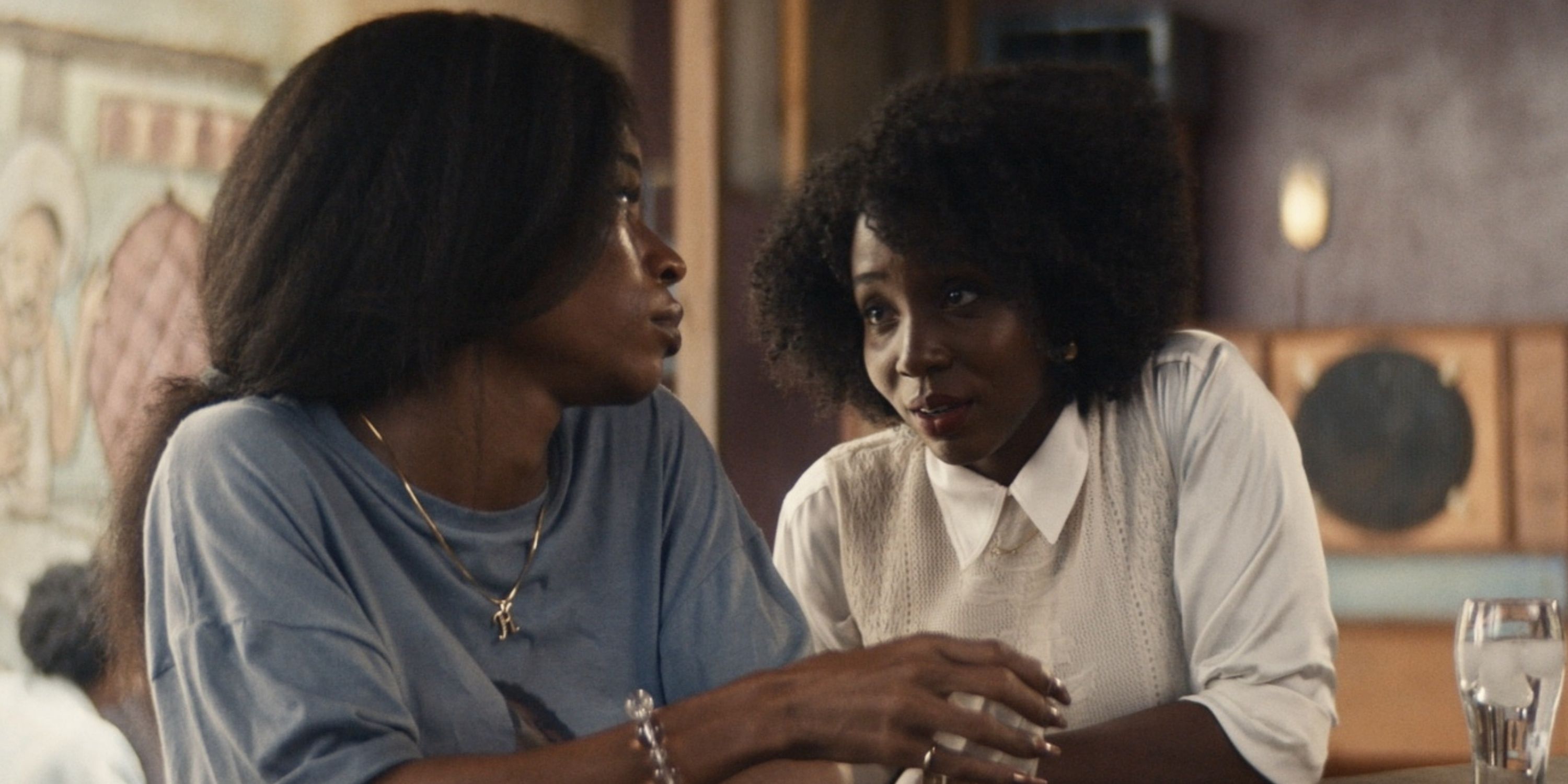 Image via HBO
Image via HBO What was it like to explore that relationship between Millie and Hibiscus? How was the experience of exploring that with someone like Chyna McQueen, who was making their screen debut?
LAWRANCE: It was amazing. Chyna is such a phenomenon. To meet someone like her, who came into the project with a lot of nerves, obviously, with it being her screen debut, but she also gave this part everything, in terms of being a trans woman representing a trans woman, and how important that is for her and for people to see the community and their experiences, she held the part and all of our scenes with such grace. I always felt very safe with her, especially exploring the layers of childhood trauma and the idea that we love each other and we’re trying to reconnect, but there’s this distance and this chasm that has been caused by our late mother and survivor’s guilt and the fact that we grew up entirely differently. We were bringing elements of ourselves to it. Obviously, Chyna understands the trans experience, and me being British Jamaican, I understood that hyphenated identity and the complexities that come with not really feeling like you belong to either place. We spoke about that. We had rehearsals with Tanya [Hamilton], our director for episodes one and two. We gave each other space to be quite vulnerable about what those themes and things meant to us. Even the scenes where we had to get in each other’s faces, it was quite easy to do because we felt so comfortable with each other.
When it came to Millie as a character, did you start outward by talking to Marlon James about her and then internalizing what that meant for you, or do you prefer to look inward first and figure out who she is and how you identify with her before you talk to Marlon?
LAWRANCE: Probably the latter. For me, the biggest resource is the text. Obviously, having the writer on set was amazing. I worked closely with the text and the director to mine what was not said, her wounds, understanding what her motivations were, and knowing where her behavior was coming from, and then doing a lot of research. Some things I had an affinity with in the script and I had to figure out the parts of myself that I could bring to it. And then, where I needed to fill in the gaps with research, the production provided us with resources, in terms of the police force and how to hold a gun and load it. And then, it was also about having conversations with Marlon about what inspired him to write this piece. And I spoke to the dialect coach, Fae Elligton, or Auntie Fae, as she is more commonly known, who has this huge heritage in film, TV and radio in [Jamaica], about where Millie fits, in terms of status or how she uses her voice and code-switching to relate to other people or to alienate people. Also, filming [in Jamaica] gave me a wealth of things to draw on, as well.
We also get some time at home with Millie, with Curtis and his homelife and with Millie’s relationship. What was it like to get to have those aspects of her life to explore while still exploring the case?
LAWRANCE: The moments of levity and the moments where I, as an actor, get to share scenes with other people, I always love. Sometimes there are days in the schedule where it’s just you on your own, like Millie staring at the phone or Millie walking somewhere. So, it’s wonderful to work with everyone, but especially a scene like that, where we get to share a laugh. That was really enjoyable. I really treasured all the moments like that, but they’re also very important for the story. They’re also moments in which you see Millie’s vulnerability. The case obviously shows you how good she is at her job and her persistence and her more questionable characteristics, as well as the things that she’s willing to do or not do to prioritize work. So, moments like that show you that she actually does really desire connection. A big theme of the piece is home. She’s trying to cultivate her home. She wants to have places where she feels at home and people with whom she feels at home. But in a scene like that, you realize that she’s very lonely and why it makes sense that she fills all of her time with work because then she doesn’t have to address this gaping hole that can’t be filled because it stems from her childhood.
Tamara Lawrance Feels It's More Important To Understand Her 'Get Millie Black' Character Than Like Her
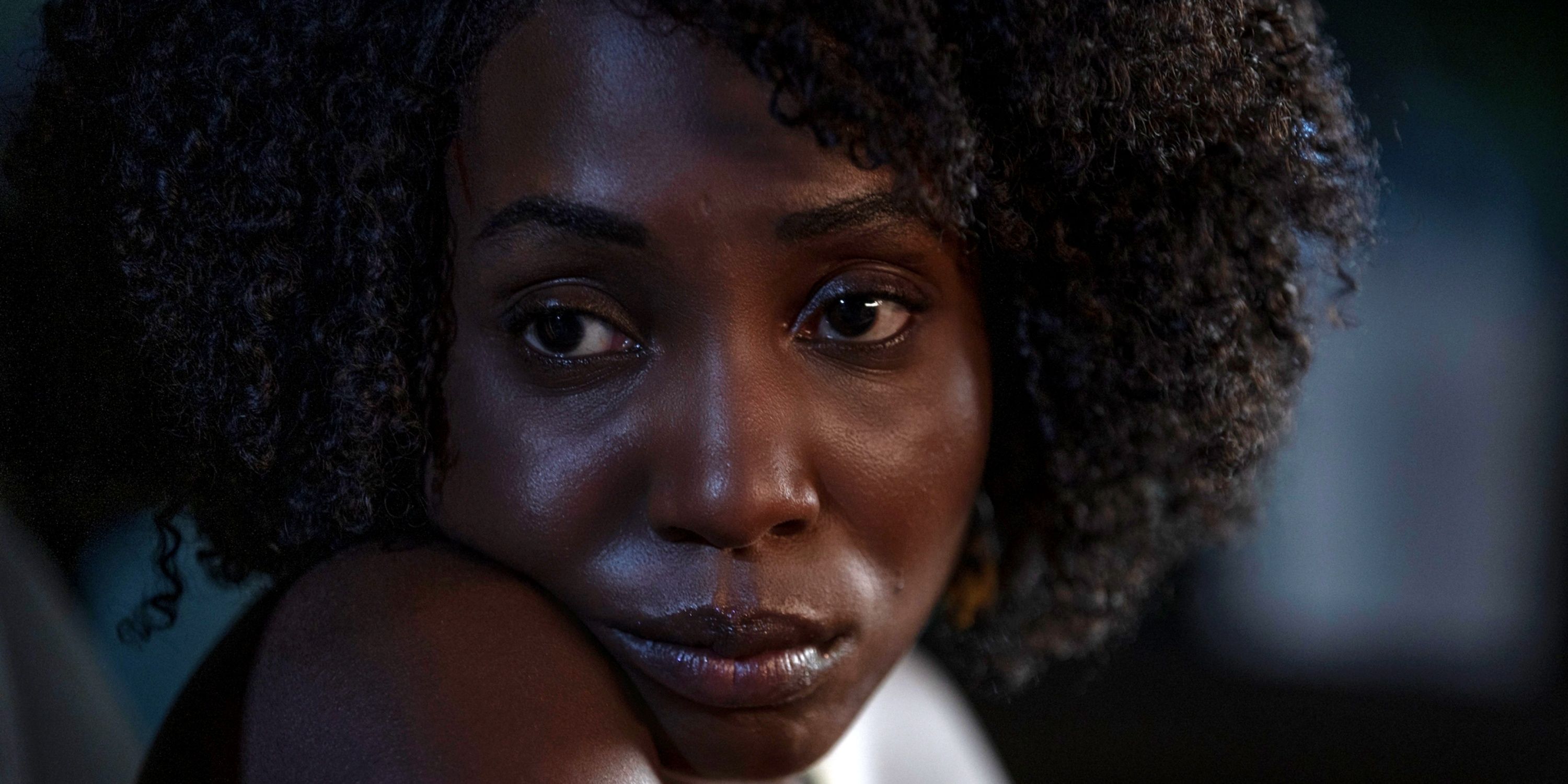 Image via HBO
Image via HBO A character like Millie forces us out of the box of female characters needing to be likable, at all times. There are times when she’s frustrating and when she does things that aren’t likable, but you’re still with her and rooting for her. Do you think it’s more important for a character to just be human, flaws and all, than it is to really worry about them being likable or sympathetic?
LAWRANCE: Yeah, definitely. The more flawed and unlikable somebody is, the more we get a chance to see ourselves. It’s that classic thing where the thing that you don’t like about somebody else is often the thing that you need to address about yourself. You have the opportunity to see somebody be selfish or reckless or unfeeling or callous, and all things that we see Millie be, but with the whole arc of it. We also see, in tandem, the moment where she is vulnerable or caring or loving or fighting for justice and doing something very honorable. We understand that to be human is to be multiple things at once. I just hope that people can still empathize with the reasons for the things that she does, even if they don’t like her. It’s less important to like someone, and it’s more important to understand them.
Was this a hard character to leave behind and say goodbye to? Was it jarring to just be done with her?
LAWRANCE: It’s funny you say that because, even this morning, I was just thinking, “Oh, man, I would love another stab at her.” I’m not aware of how characters are being perceived, necessarily, but there are always parts of characters where I’m like, “Okay, now that I’m seeing that as a full journey, or now that I’m seeing how that scene has played out, I understand more of her characteristics.” Sometimes in seeing the full piece, I feel like, “Okay, I understand this character even more now and I would love another opportunity to play her.” I said to Marlon that I think the next season should be set on a beach in Portland and Millie’s investigating which bikini she should wear on a Tuesday. She should have days of rest where she’s working the case, but on a lounge chair or something like that. I wouldn’t mind a Season 2 like that.
When you play a character like this, that seems so creatively fulfilling, how do you figure out what you want to do next? Does who you left behind last affect who you want to play next?
LAWRANCE: Yeah. That’s an interesting question. I think it does. It’s been two years since we filmed this, so I feel distant and close to the character, at the same time. There’s always a part of me that’s like, “Okay, what did that character give me a chance to explore? What haven’t I yet explored? What would I like to explore more of?” Definitely, in terms of a character that is deeply flawed and driven by quite an active wound, that’s a very difficult, but quite fascinating thing to play. I’d like to do more things that are an iteration of a character of Millie’s caliber. It was a real gift of a part. But also, sometimes the antithesis is really nice. Last year, I did a prison drama, and then I did a comedy. It was really cool being able to go to a very different end of the spectrum, in terms of what was required. That sort of variety is useful to keep me out of my comfort zone and challenge me in different areas. So, I’m open. Every opportunity to do this is a real privilege. I’m excited to see how people respond to Millie and what doors this character may open. As it stands, I’m also producing and trying to write, as well. A friend and I are writing a comedy show, and I co-produced a short film. I’m also quite curious about doing things behind the scenes in the future.
Do you have the goal of directing, at some point?
LAWRANCE: Directors have so many people deferring to them, and I don’t know if I want that smoke, to be honest. In terms of being a creative producer who has the opportunity to see an idea through, from inception to fruition, I’m really curious about that, especially being a piece of the puzzle that comes in somewhere along that journey, as an actor. I have had the opportunity, as an actor, to see post-production, and that was really fascinating. I’d like to do more of that, really, rather than directing. Other forms of expression are what I’m craving, in terms of the ways in which all of these different art forms, when it comes to storytelling, converge. Acting, writing and producing feel like they make sense for me.
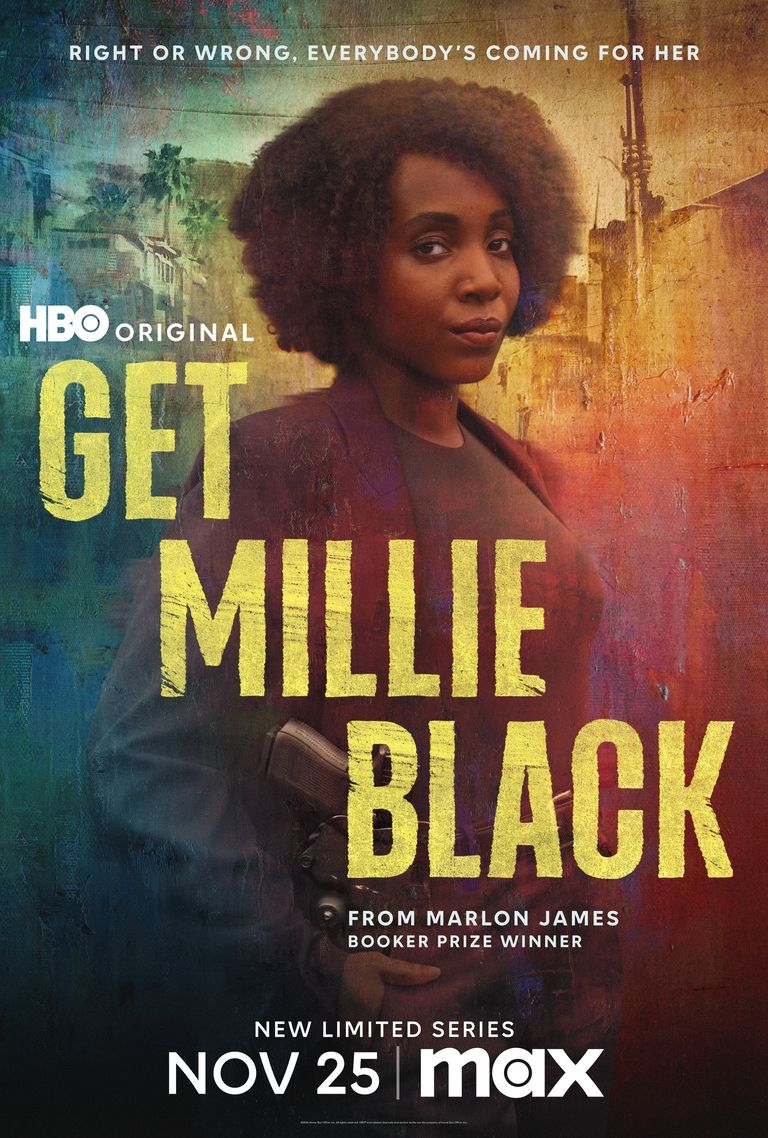
A former Scotland Yard detective returns to Jamaica to investigate a missing persons case, which leads her deep into the underworld of Kingston. As she uncovers dark secrets, the case threatens to expose far more than she ever imagined, exploring themes of identity, race, and post-colonial trauma.
Release Date November 25, 2024
Cast Tamara Lawrance , Joe Dempsie , Gershwyn Eustache Jnr , Chyna McQueen , Nestor Aaron Absera , Shernet Swearine , Karen Smyth , Polina Sulim , Sam Buchanan , Anjli Mohindra , Daniel Charles Doherty , Lucas Jones , Guy Robbins , Emma Cater , Hannah Boyde , Melessa Vassell , Joanna Ignaczewska , Rachel Sophia-Anthony , Sonia Amini , Joseph Samimi , Maya R. Wilkinson , Ayesha Griffiths , Julian Amos
Seasons 1
Get Millie Black airs on HBO and is available to stream on Max. Check out the trailer:

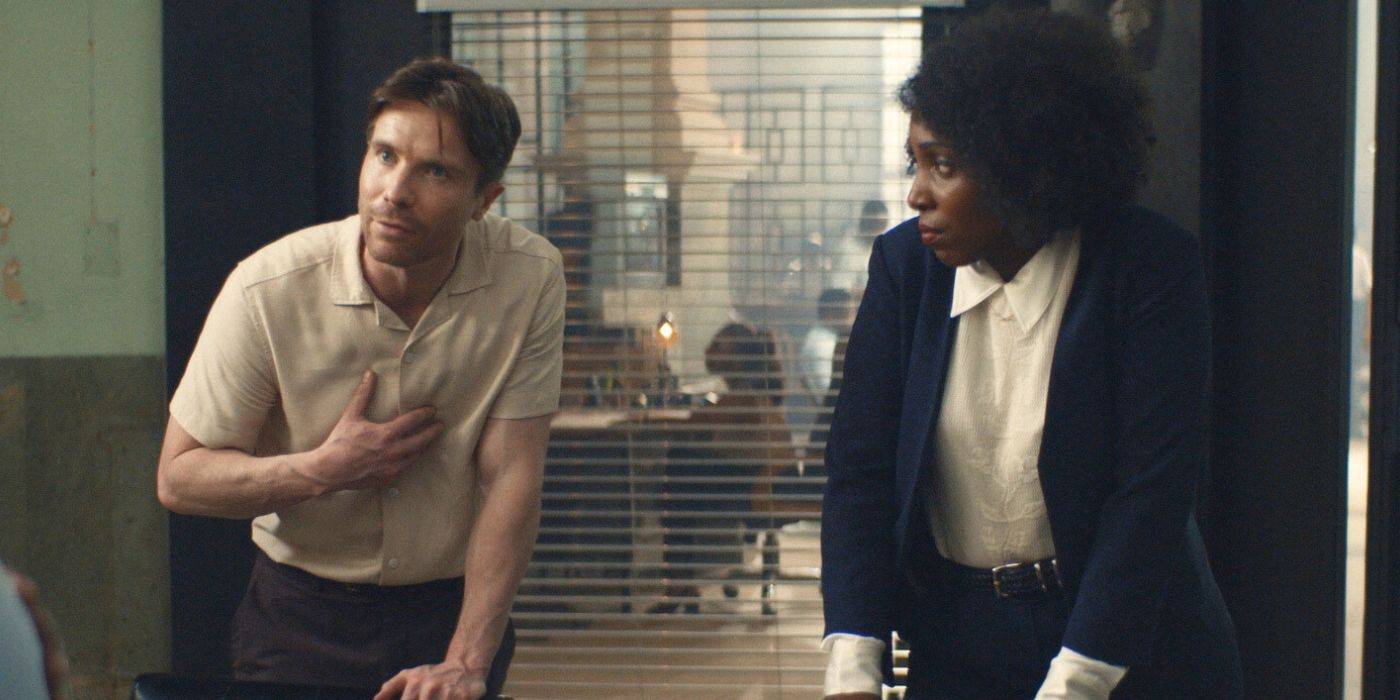
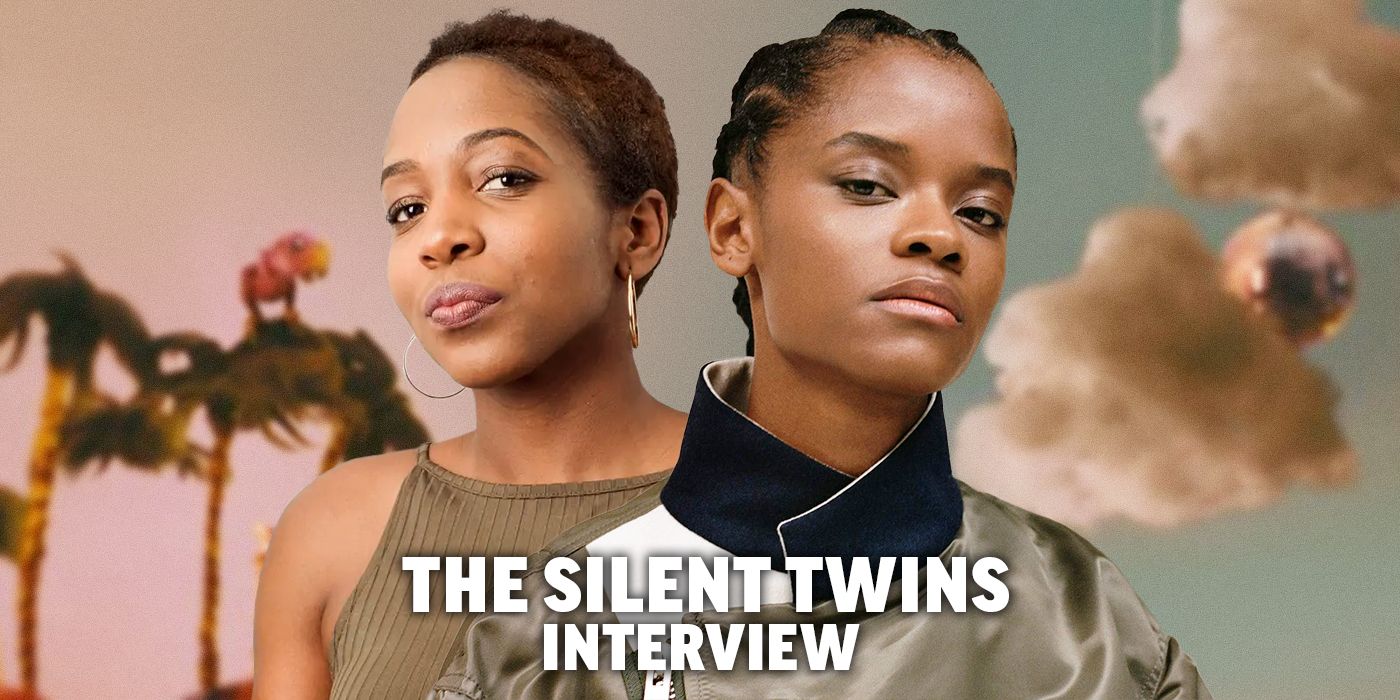
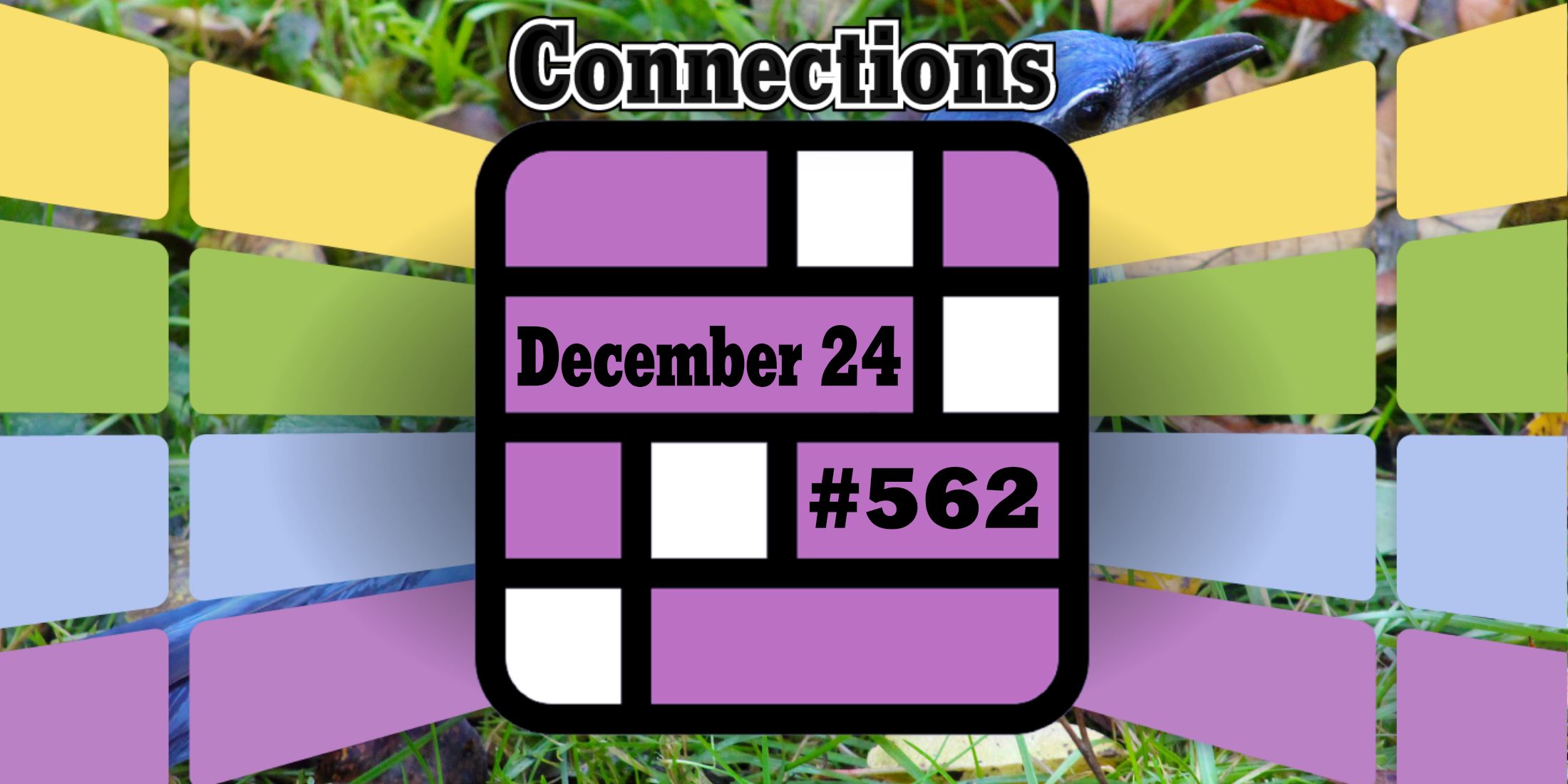
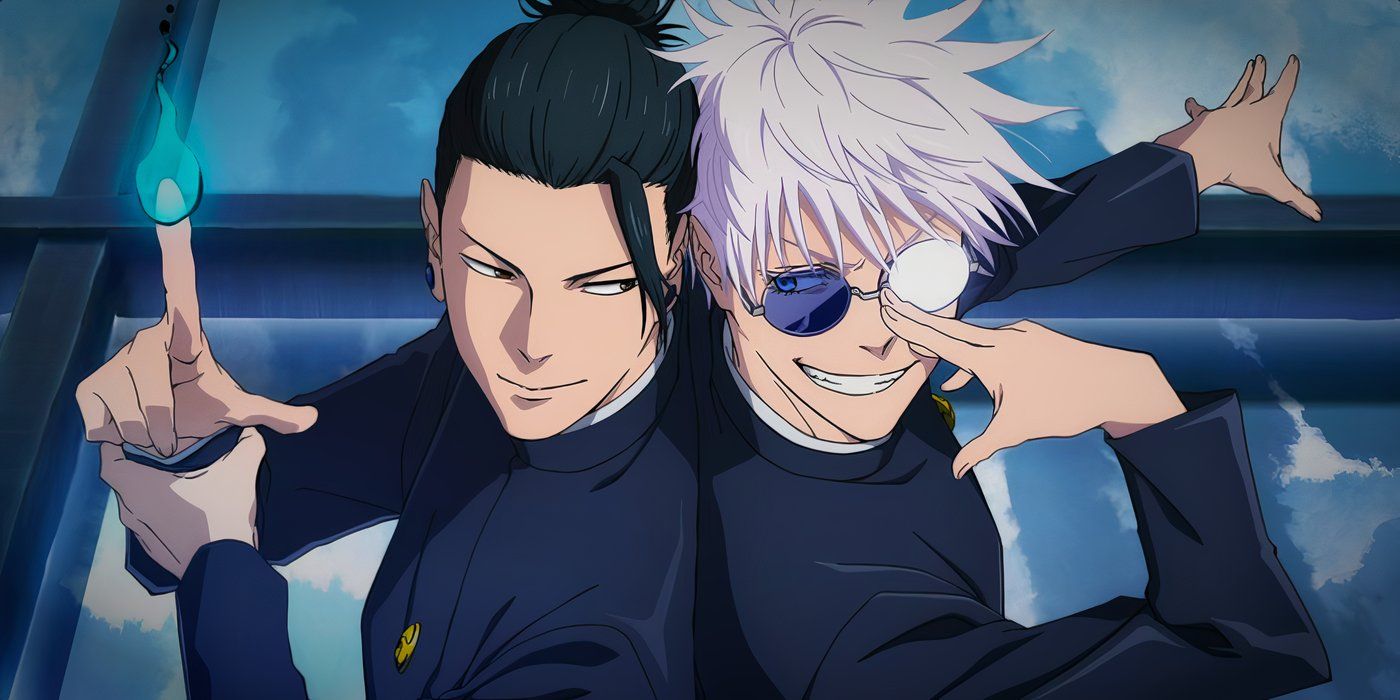
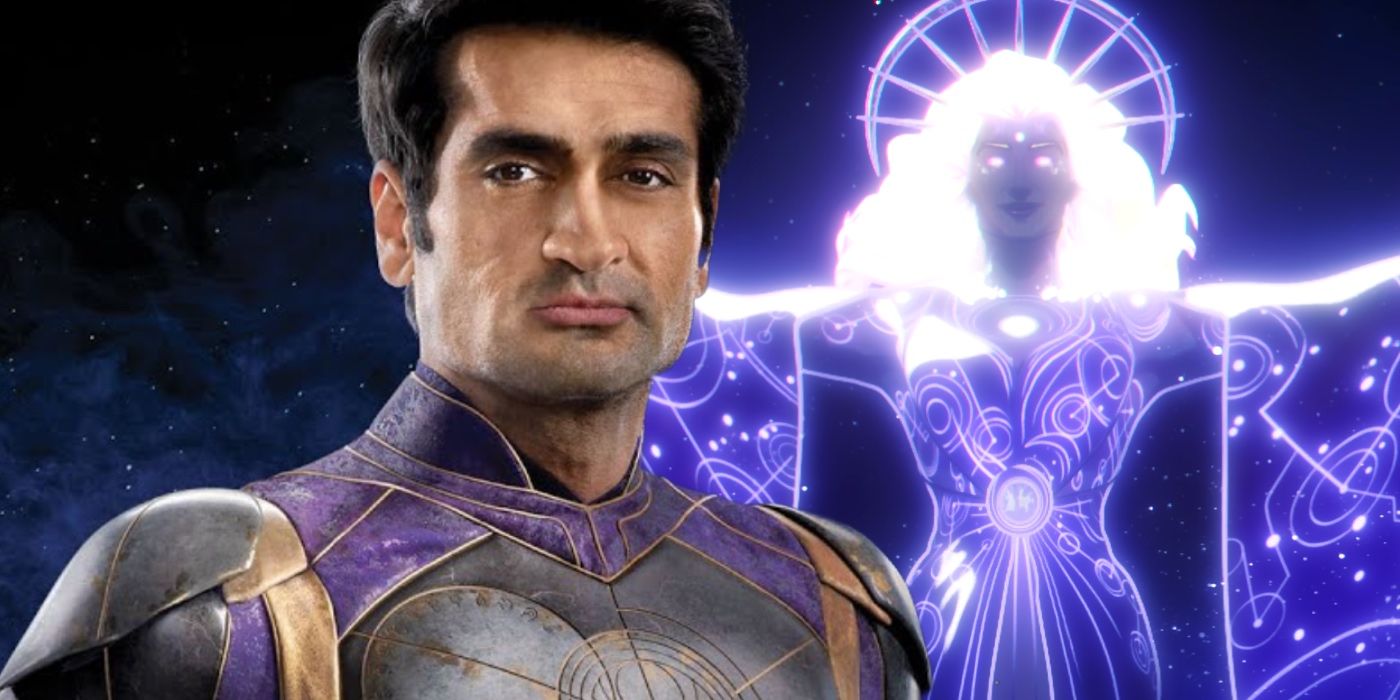





 English (US) ·
English (US) ·